Meta's Game-Changing Move: Unlocking the Potential of Virtual Reality with Horizon OS
By opening the doors to third-party developers, Meta aims to create a thriving ecosystem that fosters creativity, collaboration, and innovation.
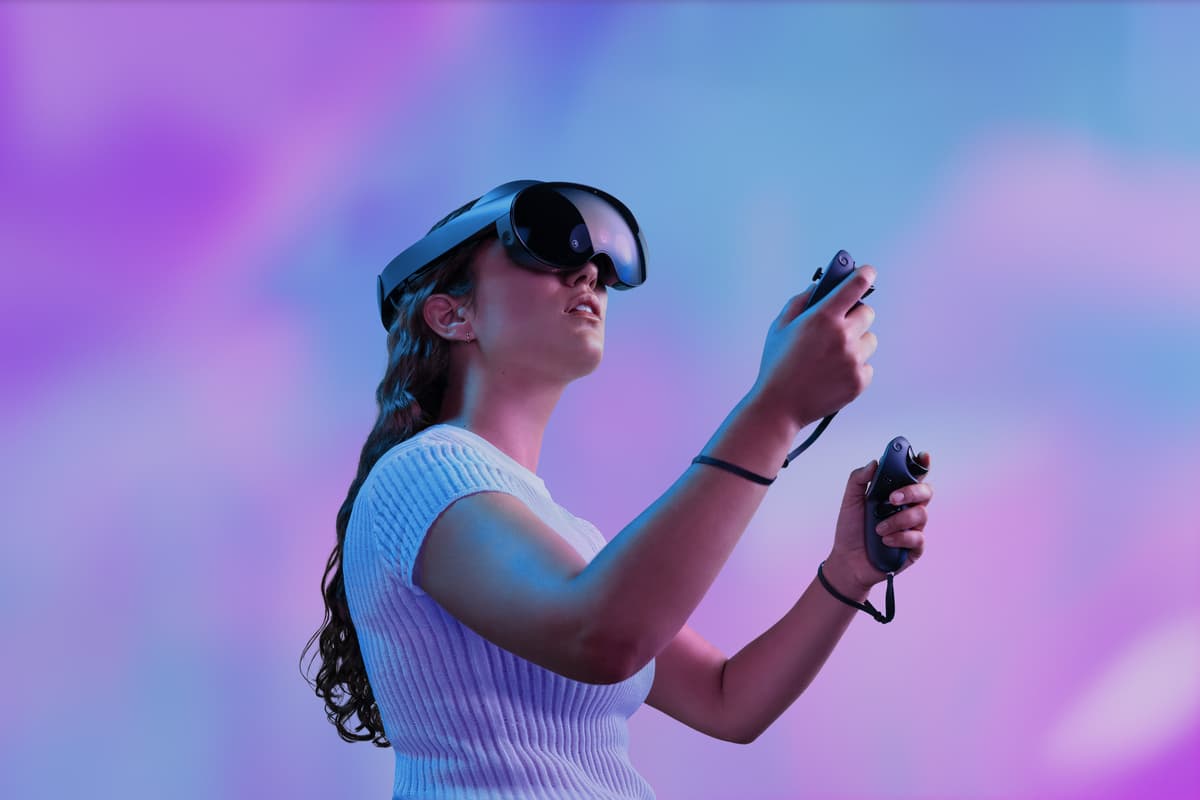
In a groundbreaking announcement that has sent shockwaves through the tech industry, Meta, formerly known as Facebook, has made a bold move to open its Meta Horizon operating system (OS) to third-party hardware makers. This strategic shift marks a significant milestone in the evolution of virtual reality (VR) and mixed reality (MR) technologies, paving the way for a more inclusive, diverse, and innovative ecosystem. As the world stands on the cusp of a new era in immersive experiences, Meta's decision has the potential to reshape the landscape of VR and MR, much like how Android revolutionized the smartphone industry.
The Meta Horizon OS Revolution
Embracing Third-Party Hardware Makers
At the heart of Meta's game-changing strategy lies the decision to rebrand its Quest operating system as Meta Horizon OS and extend its reach beyond the confines of Meta's own hardware. By opening the doors to third-party developers, Meta aims to create a thriving ecosystem that fosters creativity, collaboration, and innovation. This move is reminiscent of Google's approach with Android, which has become the dominant mobile operating system worldwide, powering a vast array of devices from various manufacturers.
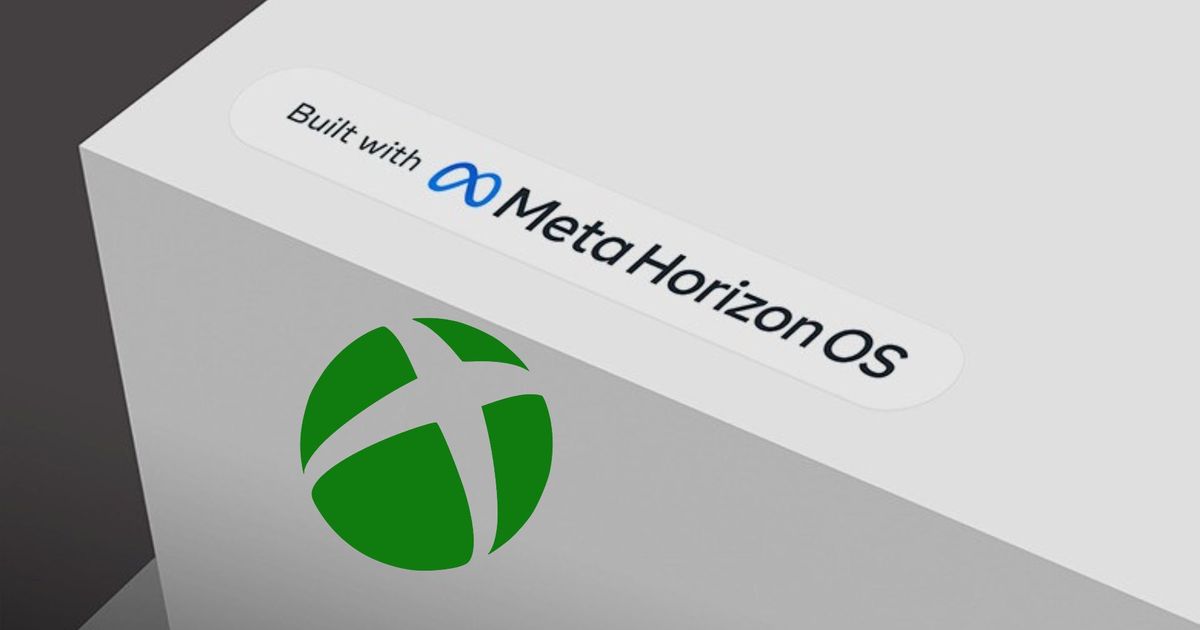
Notable tech giants such as Asus, Lenovo, and Xbox have already stepped forward as early collaborators in this initiative. Asus, renowned for its gaming prowess, is poised to develop cutting-edge VR gaming headsets that will leverage the capabilities of Meta Horizon OS. Lenovo, a leader in productivity solutions, is set to create mixed reality devices that seamlessly blend the virtual and physical worlds, empowering users to work, learn, and play in entirely new ways. Meanwhile, Xbox, a titan in the gaming industry, is working on a limited-edition Quest VR headset that will bring the immersive power of Meta Horizon OS to its passionate gaming community.
Technological Advancements and Enhanced Features
Meta Horizon OS is not just a rebranding exercise; it represents a significant leap forward in terms of technological capabilities and user experience. Built on the solid foundation of the Android Open Source Project, Meta Horizon OS has evolved into a full-fledged mixed reality operating system that pushes the boundaries of what is possible in VR and MR.
One of the standout features of Meta Horizon OS is its advanced tracking capabilities. With state-of-the-art eye, face, hand, and body tracking, users can interact with virtual environments in a more natural and intuitive manner. High-resolution passthrough technology allows for seamless blending of the real and virtual worlds, creating truly immersive experiences that blur the line between the two.
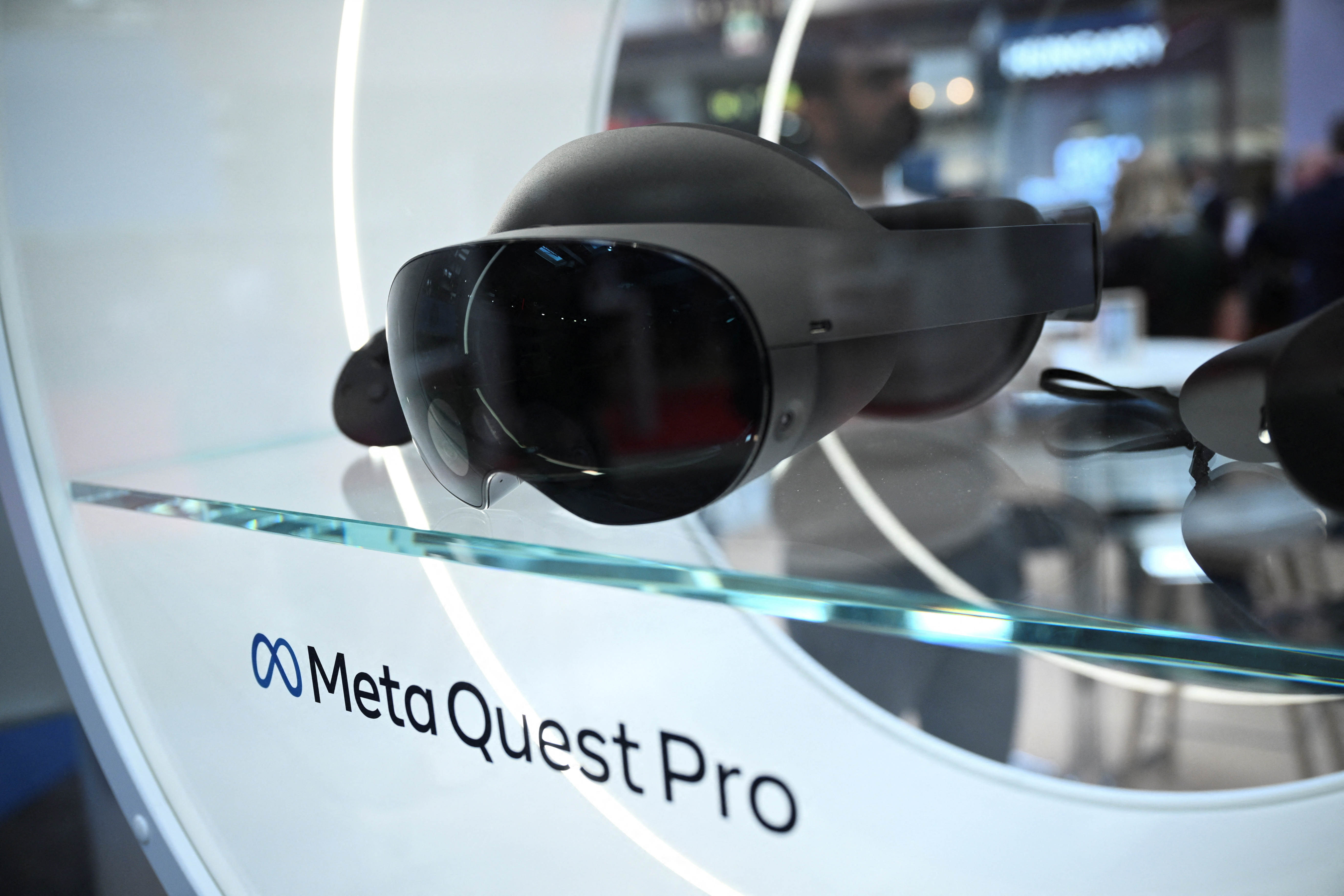
Moreover, Meta Horizon OS boasts a comprehensive suite of social features that facilitate user interaction and collaboration across multiple platforms. Whether it's virtual meetings, social gatherings, or multiplayer gaming sessions, Meta Horizon OS provides the tools and infrastructure to connect people in meaningful ways, regardless of their physical location.
To further empower developers and accelerate the creation of innovative applications, Meta Horizon OS introduces a new spatial app framework. This framework is designed to simplify the process of developing mixed reality experiences, enabling mobile developers to leverage their existing skills and knowledge to create compelling apps that can run across a wide range of headsets.
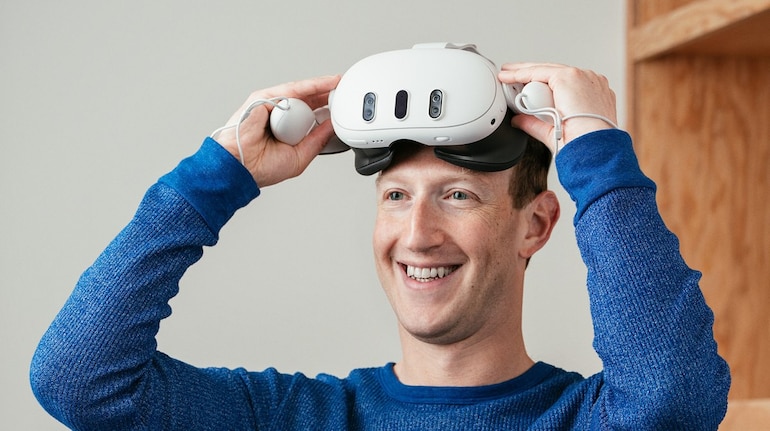
Privacy and Data Sharing Implications
As with any major technological shift, the expansion of Meta Horizon OS raises important questions about user privacy and data sharing. Meta's privacy policy clearly outlines that certain user profile information will be publicly visible both on and off Meta VR products. This includes interactions with third-party services and applications, which may collect information directly from users.
While this level of data sharing may raise concerns among privacy-conscious individuals, it is essential for Meta to strike a balance between protecting user privacy and fostering a vibrant and interconnected ecosystem. As the Meta Horizon OS ecosystem grows, it will be crucial for Meta to continuously engage with users, developers, and regulators to address privacy concerns and implement robust safeguards that prioritize user control and transparency.
Market Implications and Strategic Positioning
Competing in a Rapidly Evolving Landscape
Meta's decision to open Meta Horizon OS to third parties is a strategic move aimed at positioning the company as a key player in the rapidly evolving VR and MR market. By adopting an approach similar to Google's Android strategy, Meta seeks to create a broad and interoperable ecosystem that attracts developers, manufacturers, and users alike.
This move comes at a crucial time, as major tech giants like Apple are gearing up to enter the VR/AR space with their own innovative offerings. Apple's upcoming mixed reality headset, rumored to feature advanced capabilities and seamless integration with the Apple ecosystem, poses a significant threat to Meta's dominance in the VR market.
Similarly, Sony, with its PlayStation VR platform, has already established a strong presence in the gaming-focused VR segment. As the competition intensifies, Meta's open approach with Meta Horizon OS could be the key to maintaining its competitive edge and expanding its reach beyond its own hardware.

Driving Innovation and Market Growth
By opening the doors to third-party manufacturers, Meta is setting the stage for a new wave of innovation and competition in the VR industry. Just as the early smartphone wars fueled rapid advancements in mobile technology, the diversification of VR and MR devices powered by Meta Horizon OS could accelerate the pace of innovation and drive market growth.
As more manufacturers enter the fray, consumers will benefit from a wider range of choices, catering to different preferences, budgets, and use cases. This increased competition will likely spur further technological advancements, leading to more immersive, accessible, and affordable VR and MR experiences.
Moreover, the expanded ecosystem facilitated by Meta Horizon OS will attract a broader pool of developers, who will be incentivized to create cutting-edge applications and content that push the boundaries of what is possible in VR and MR. This virtuous cycle of innovation and adoption could propel the VR industry to new heights, much like how the App Store and Google Play transformed the mobile app landscape.
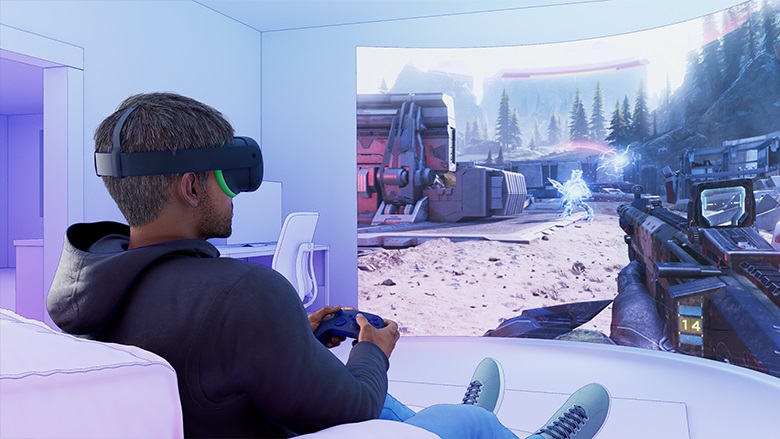
Future Prospects and Industry Impact
A New Era of Immersive Experiences
As Meta Horizon OS becomes the foundation for a diverse range of VR and MR devices, it has the potential to usher in a new era of immersive experiences that transcend the limitations of traditional computing. From gaming and entertainment to education, healthcare, and beyond, the possibilities are endless.
Imagine a future where students can explore historical sites, conduct virtual experiments, and collaborate with classmates from around the world, all within the immersive environment of Meta Horizon OS-powered devices. Healthcare professionals could use mixed reality to visualize complex medical data, simulate surgical procedures, and provide remote consultations, revolutionizing patient care.
In the realm of entertainment, Meta Horizon OS could enable the creation of truly immersive storytelling experiences, blurring the line between the audience and the narrative. Virtual concerts, theme parks, and social gatherings could become more engaging and interactive than ever before, fostering a sense of presence and connection that transcends physical boundaries.
Shaping the Future of Work and Collaboration
Beyond entertainment and education, Meta Horizon OS has the potential to transform the way we work and collaborate. As remote work becomes increasingly prevalent, VR and MR technologies powered by Meta Horizon OS could provide a more immersive and engaging alternative to traditional video conferencing and remote collaboration tools.
Imagine virtual office spaces where colleagues can interact with each other's avatars, share digital whiteboards, and manipulate 3D models in real-time, regardless of their physical location. Meta Horizon OS could enable the creation of virtual training simulations, allowing employees to practice complex tasks and develop new skills in a safe and controlled environment.
Moreover, the open nature of Meta Horizon OS could foster the development of a wide range of productivity applications, tailored to specific industries and workflows. From virtual design studios for architects and engineers to immersive data visualization tools for analysts and researchers, the possibilities are vast and exciting.
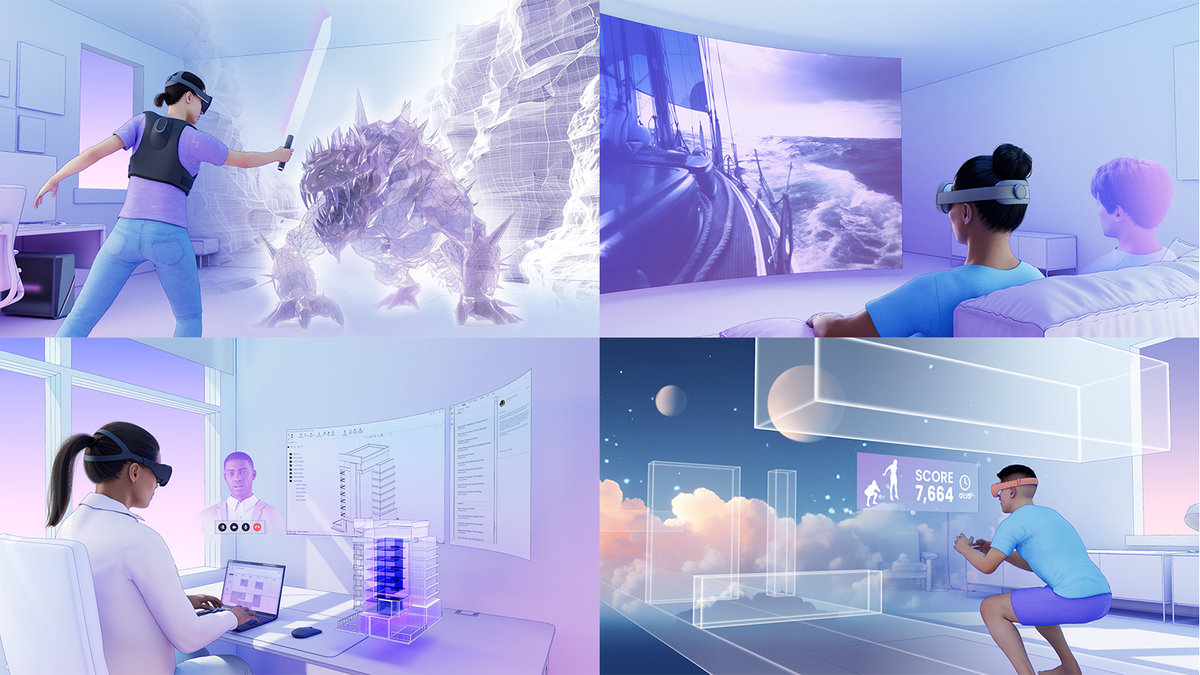
Empowering Creators and Entrepreneurs
Meta's decision to open Meta Horizon OS to third-party hardware makers not only benefits consumers and businesses but also opens up new opportunities for creators and entrepreneurs. As the VR and MR ecosystem expands, there will be a growing demand for innovative content, applications, and experiences.
Creators, whether they are game developers, 3D artists, or interactive storytellers, will have a larger canvas to showcase their talents and reach a wider audience. The spatial app framework provided by Meta Horizon OS will lower the barriers to entry, enabling creators to build immersive experiences without the need for extensive VR-specific expertise.
Entrepreneurs and startups will also find new avenues for growth and innovation within the Meta Horizon OS ecosystem. As the market for VR and MR devices grows, there will be opportunities to develop niche hardware solutions, accessories, and services that cater to specific industries or use cases.
Conclusion: Unlocking The Potential For New Technology
Meta's bold move to open its Meta Horizon OS to third-party hardware makers represents a pivotal moment in the evolution of virtual and mixed reality technologies. By embracing a more inclusive and collaborative approach, Meta is setting the stage for a new era of immersive experiences that have the potential to transform the way we live, work, learn, and play.
As the Meta Horizon OS ecosystem expands, it will drive innovation, competition, and market growth, ultimately benefiting consumers, businesses, and creators alike. While there are challenges to be addressed, such as privacy concerns and the need for robust content moderation, the potential benefits of this open approach are immense.
As we stand on the precipice of a new frontier in computing, Meta's game-changing strategy with Meta Horizon OS is poised to shape the future of VR and MR. Just as Android revolutionized the smartphone industry, Meta Horizon OS could be the catalyst that unlocks the full potential of immersive technologies, ushering in a new era of possibilities and experiences that we can only begin to imagine.




